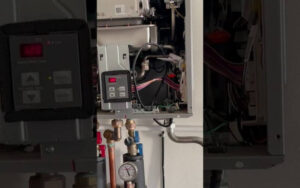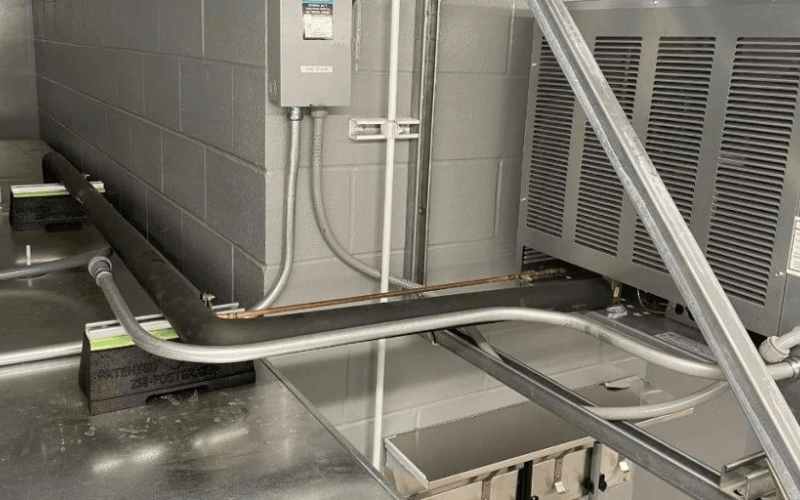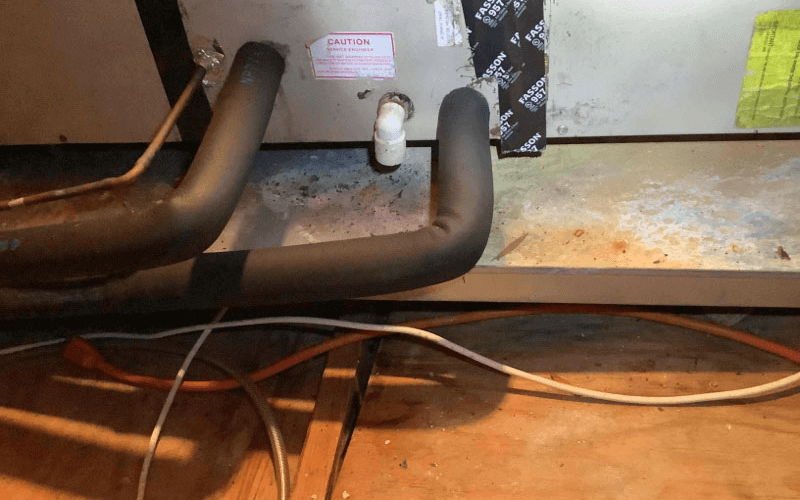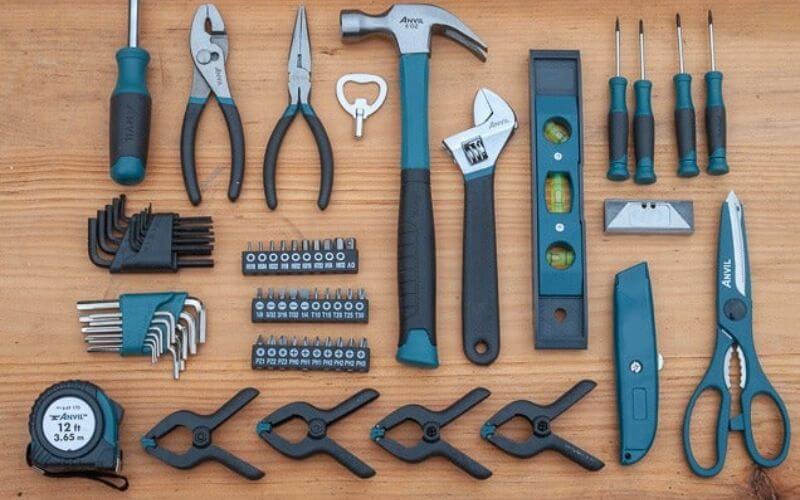Tankless water heaters have revolutionized how we access hot water in our homes by heating it instantly on-demand instead of needing large storage tanks. If you are considering purchasing or already have a tankless water heater, you may be curious whether it can run 24/7 without interruptions; this article will discuss how long a tankless water heater can run continuously and explore key factors affecting its effectiveness.
Table of Contents
ToggleTankless Water Heaters: How Do They Work?
First, let’s explore how tankless water heaters operate before diving deeper. Also known as on-demand or instantaneous heaters, tankless heaters heat water on demand rather than keeping a storage tank filled with it warm all of the time – providing hot water when needed whenever you need it. Various sizes and capacities exist to meet every household’s needs.
Factors Influencing Continuous Water Heater Operation
Various factors affect the water heater’s constant running, and we have collected reliable information to assist you with decision-making.
Flow Rate and Temperature:
The flow rate measured in gallons per minute (GPM) indicates how much hot water can be generated per hour by the heater, while temperature rise represents the difference in temperatures between the cold water that enters and hot water expected to exit; when both requirements increase at once, additional stress is placed upon devices as it becomes harder for them to keep working efficiently.
Also, Read: Can You Use PVC To Vent A Tankless Water Heater?
Tankless water heaters with high flow rates (about 9 GPM or more) and moderate temperature rise between 50 to 120 degrees Fahrenheit should operate without interruption for extended periods. However, when used at its maximum flow rate and temperature rise levels, their lifespan could decrease dramatically.
Size of Heater:
You should carefully consider your tankless Water Heater’s Size and BTU rating. Larger units with higher BTU ratings can accommodate higher flow rates, and the temperature rises more effectively, allowing them to work longer without interruption. At the same time, smaller models may struggle to meet peak demands for hot water supply.
Larger water heaters with higher BTU ratings can keep the water hotter for an extended period. Under normal settings, some larger models can run for several hours at once without stopping to reheat it.
Temperature of Water:
A water heater’s performance can be significantly altered by how cold its source water is when it first arrives at your home or business. If you live in an area with lower water temperatures, its effectiveness will be further compromised, forcing it to work harder to heat it to an acceptable level, decreasing how long the unit can run continuously.
In colder climates with much lower water temperatures, a heater may need to work harder to get it up to temperature, decreasing its continuous running time.
Fuel Type Used:
Electricity, natural gas, propane, and other energy sources can power tankless water heaters. Gas-powered devices heat up faster than their electric counter parts and are a better long-term investment.
Flow rates are often higher in gas-powered tankless water heaters. They can run for extended periods without interruption, whereas electric units may have limitations based on how much power they take or how much heat they can produce.
Maintenance:
Tankless water heaters must be serviced regularly to perform properly. Mineral deposits can build up within, reducing efficiency and potentially preventing the machine from working continually. Scale problems can be avoided by flushing often, ensuring that any deposits buildup is rinsed away by flushing out regularly.
Regular maintenance, such as cleaning the unit to remove mineral deposits, is critical for keeping a heater operating properly and extending its useful life.
Installation:
Water heater installation should be done correctly to increase lifespan and keep it running efficiently. Incorrect installation might reduce efficiency or perhaps lead it to fail.
Conclusion
A tankless water heater’s ability to supply hot water continually depends on numerous elements, including flow rate, temperature rise, size, energy source, and maintenance. While larger units with higher BTU ratings may last longer, correct usage and care must be maintained regularly to ensure a continual hot water supply.
When choosing a tankless water heater for your house, it is critical to examine your and your family’s hot water needs and choose an efficient type appropriately. Consulting with an installer may help you choose the best size and type.
Remember that running the water heater constantly can reduce its effectiveness and create premature wear on its components. Purchasing a larger unit may ensure that everything functions well if you anticipate requiring a significant amount of hot water.
Nobody knows how long a tankless water heater can run continuously. That is dependent on a variety of things. However, you can maximize the benefits of owning one and keep it running smoothly for as long as possible by being aware of these issues and making informed decisions.
FAQ
Can a tankless water heater be operated continuously?
Tankless water heaters have the extra benefit of not having to run continuously, as do typical storage tank models. Only the water that you use is heated. Furthermore, their longevity is greater than that of traditional storage tank heaters.
Can I take a long bath with a tankless water heater?
While a tankless water heater never runs out of hot water, it might get overwhelmed if it is widely used. This is impossible with a single fixture; take as many showers as you like with an unending hot water supply.
Is there a capacity restriction for tankless water heaters?
On the other hand, the output of a tankless water heater limits the flow rate of the water. Tankless water heaters typically produce two to five gallons (7.6 to 15.2 liters) per minute. Gas-powered tankless water heaters have higher flow rates than electric versions.





















